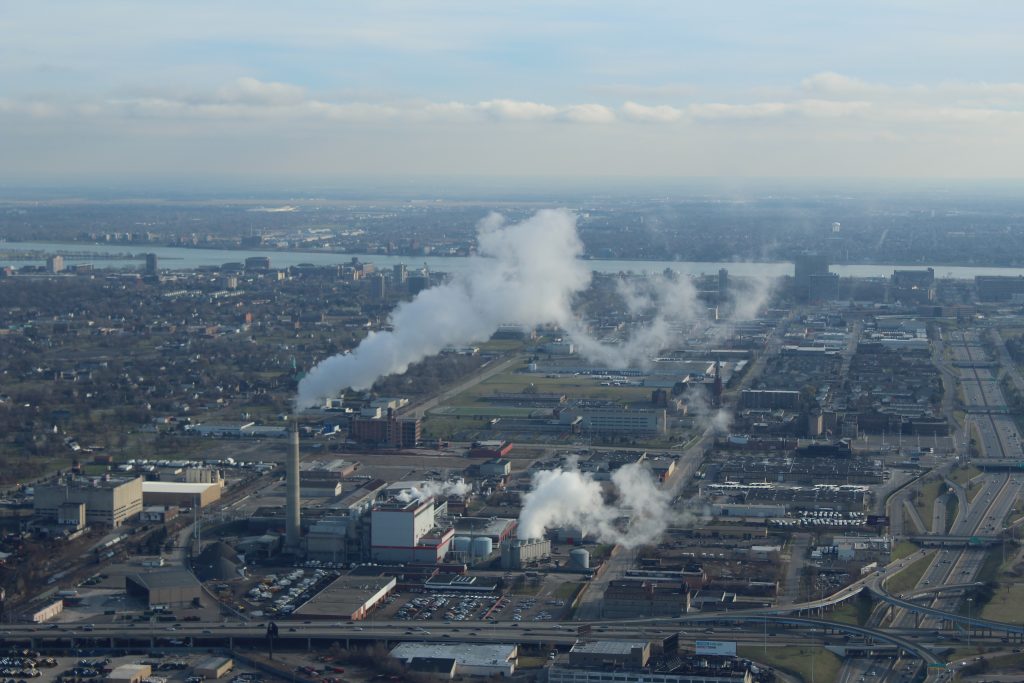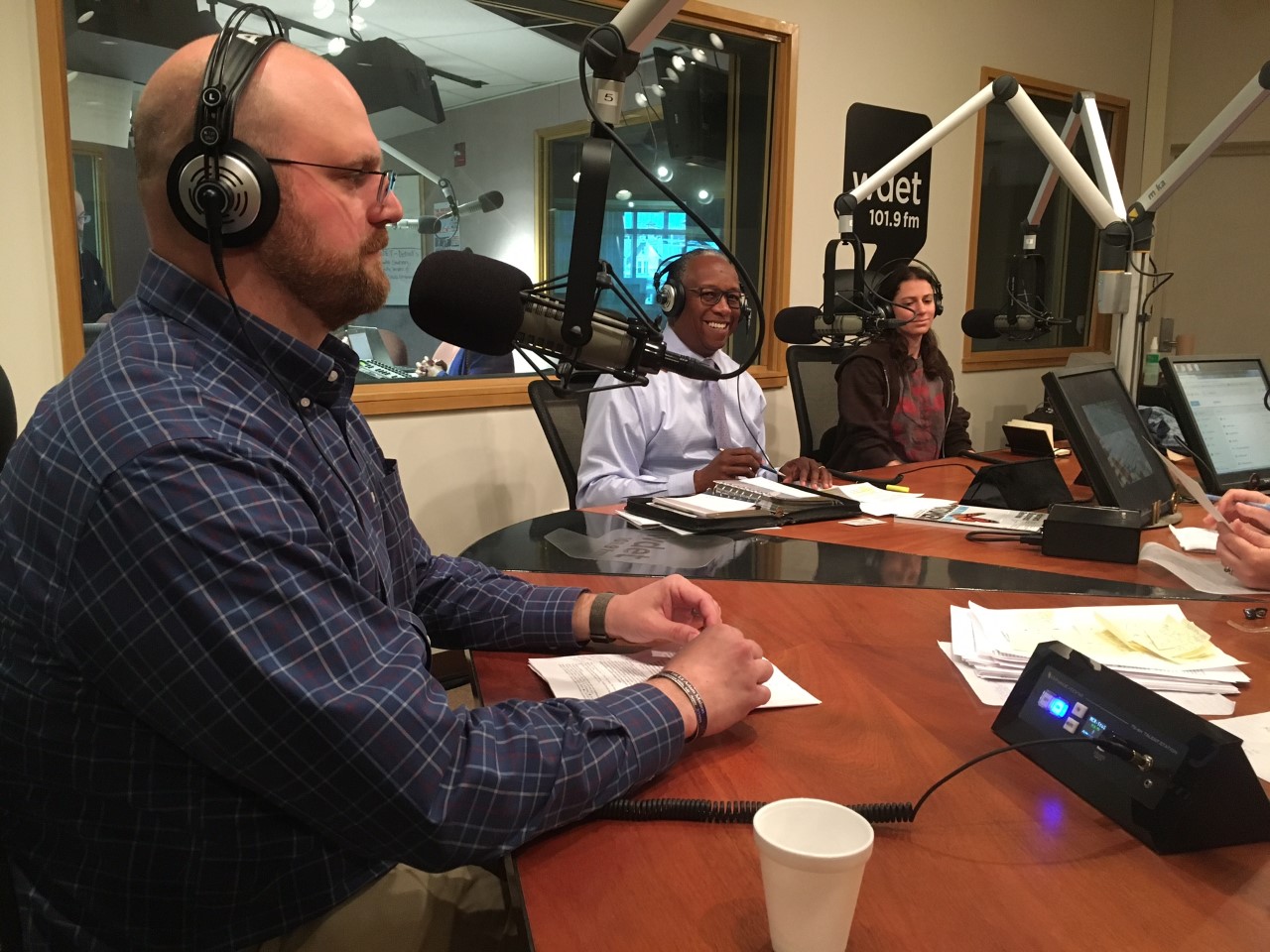Detroiters Weigh In On The City’s Waste-to-Energy ‘Incinerator’
“A major role in providing energy throughout the city” or “A big part of [Detroit’s] pollutants”? Experts discuss.


Recently, WDET aired a feature as part of the the CuriosiD series about Detroit Renewable Power’s waste-to-energy facility (commonly known as the Detroit Incinerator).
The piece, “What’s That Smell?” answered a question that we got from a listener about the odor that sometimes wafts over surrounding neighborhoods from the facility.
WDET got a lot of feedback about the piece.
Some of it was positive, but others told us it didn’t describe the full scope of the controversy surrounding facility. That was not the objective of the piece, but we thought this would be a good time to revisit the issue on Detroit Today.
Company officials were unable to join the live show, but over the weekend WDET’s Sandra Svoboda spoke with with Steven White, president and chairman of the board of Detroit Renewable Energy, the parent company of the facility.
“The controversy… is in large part due to a lack of understanding about what we do,” says White. “Incineration, the definition of [it], is to burn something and not recapture anything from the burning process. That couldn’t be further from the truth… when we burn waste that would otherwise be landfilled… not only do we recover metal from that waste drain, but we produce steam from that burning process… We play a major role in providing energy throughout the city. That’s not incineration. That is energy from a renewable source.”
Regarding criticism from many Detroiters, White says “We are not perfect… We strive for perfection, and… in striving for perfection, you will be an above average to excellent organization. And that’s what I believe that we are.”
But according to other guests on the show, this is claim of “excellence” is what can’t be further from the truth.
Live in the studio, Svoboda continues the conversation with Nick Schroeck, director of the Wayne State University’s Transnational Environmental Law Clinic; Rachel Klegon, executive director of Green Living Science; and Guy Williams, president and CEO of Detroiters Working for Environmental Justice.
“The inability of the facility to consistently operate within its permits,” says Schroeck, “and to consistently operate under the law — that is my biggest concern.”
Williams reminds listeners that “this facility has had… more than 300 violations in less than two year’s time… Two to three people a day in our region are dying and we know that they’re dying attributed to exposures to bad air quality… this particular facility downtown is a big part of that soup of pollutants. And one of the limitations of our regulatory structure is that it’s set up in a manner it doesn’t take into account the interactive effect.”
The panel also talks about how Detroiters can address these kinds of issues on an individual level? Klegon says it starts with education, which is why she works with students to question the entire community’s contribution to environmental pollution.
“One of our favorite questions to ask,” she says, “is, ‘When you put your trash at the curb, what happens?’ It doesn’t just go away… What I usually say to students — and to adults — is that it’s great technology that we have. They’re using this technology all over the world to burn trash to make energy. However, when we put the wrong things in that facility, then we can be creating air pollution… I think it’s important that we understand the… ripple effect and how that affects our whole ecosystem.”
To hear the full conversation, click the audio player above.
